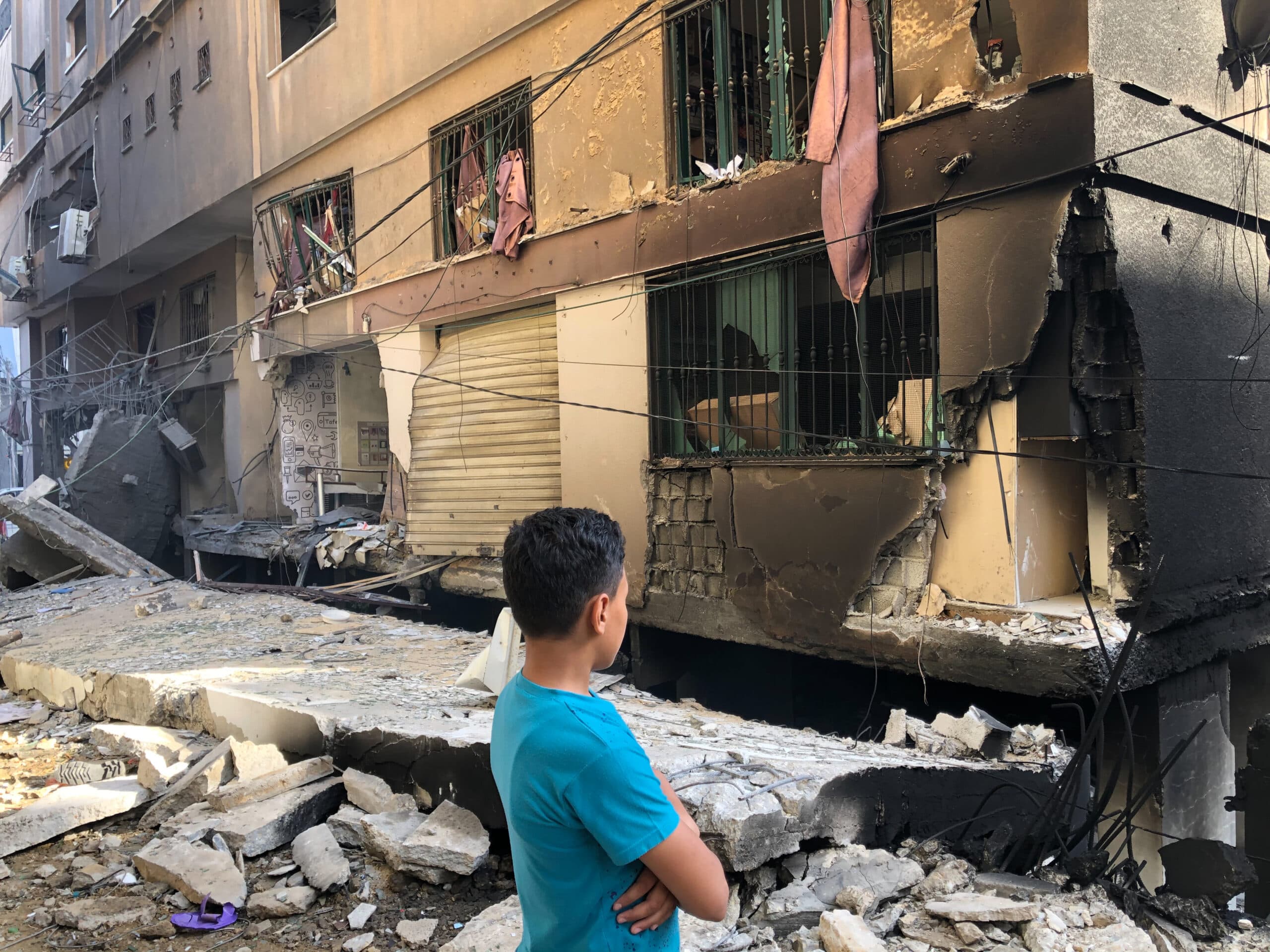
Hostilities in Israel-Palestine
14 June 2021This thematic note addresses the law regulating the conduct of hostilities. It focuses on the most recent round of hostilities in the Israeli-Palestinian context that took place in May 2021, involving rocket and mortar attacks launched by Hamas and other armed groups towards Israel and airstrikes conducted by the Israeli military in Gaza.
The parties to the conflict may choose their methods or means of warfare, but this right is not unlimited. Hostilities must be conducted with due respect for the principles of distinction, proportionality and precaution. Attacks violating these rules and principles of international humanitarian law may also entail war crimes.
Areas of concern
The manner in which hostilities have been conducted reveals, in some cases, a clear violation of applicable rules and, in others, necessitates transparency regarding the factors that have guided the decisions of the military to evaluate their legality. The limited public explanations by the military suggest that crucial factors, such as the densely populated nature of areas where the hostilities were conducted and the impact of the pre-existing humanitarian crisis on the civilian population in Gaza were not adequately taken into consideration.
Indiscriminate attacks: International law expressly prohibits attacks which are not directed at specific military targets. Deliberate attacks on the civilian population of the adversary with the intention of punishing them or spreading terror among the civilian population is expressly prohibited and amounts to a war crime.
Designation of military objectives based on an expansive definition: International law permits direct attacks only on those objects that in the circumstances ruling at the time of the attack meet the narrow definition of military objectives. An object which is normally dedicated to civilian purposes may only be considered to have turned into a military objective and designated as such, if there is a credible and clear explanation as to its military use by the adversary. International law requires that in case of doubt such objects must be presumed to be civilian and therefore protected from direct attacks. References to abstract and vague risks or speculations are not sufficient to reverse the presumption.
Treatment of several military targets as one single target: When several components of a large structure constitute military objectives, only those components, and not the entire structure, can be designated as a legitimate target. The rest of the components retain their protection from direct attacks, and any damage they incur must in any event be considered in the proportionality assessment as collateral civilian damage.
Excessive death and injury of civilians and destruction of civilian property: International law prohibits disproportionate attacks, in which expected collateral civilian casualties and damage is excessive compared to the concrete and direct military advantage anticipated from the attack in question. Attacks causing significant damage or destruction of civilian property, may be disproportionate even if there are no civilian casualties.
Lack of due regard for reverberating effects of hostilities: The attacking side must consider all reasonably foreseeable reverberating effects of planned attacks, that is, those effects that are not directly caused by the attack, but are nevertheless a product thereof (e.g., when an attack destroying a power line or main access road disrupts the functionality of a hospital).
Destruction and damage of critical infrastructure: International law obliges the attacking side to apply particular scrutiny to attacks involving destruction and damage to certain objects and infrastructure that are indispensable or of special significance for the civilian population, such as medical units, water-related infrastructure, cultural, religious and educational establishments.
Failure to take appropriate precautions or internationally exposing the civilian population to the dangers stemming from the hostilities are prohibited. All parties to the conflict are expected to take constant care to protect and spare the civilian population and the failure of one side to implement this duty does not relieve the adversary from its legal obligations.
Photo: Damage in a resedential building in Gaza following Israeli airstrike in May 2021. [UN OCHA]
Download PDF

This thematic note is part of a series. For all notes and a detailed analysis
on the resurging violence and hostilities in Israel-Palestine, visit our project page.